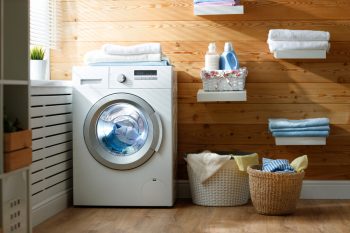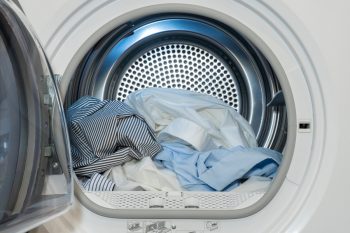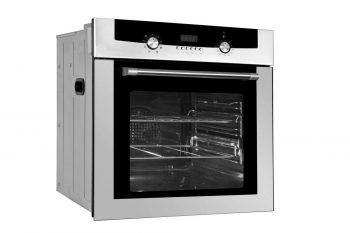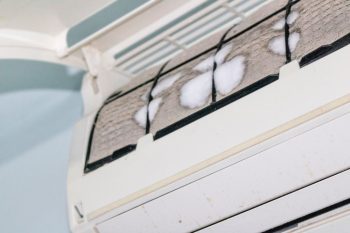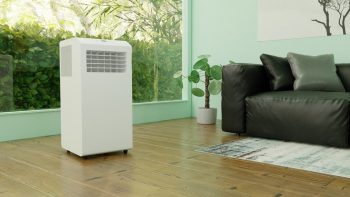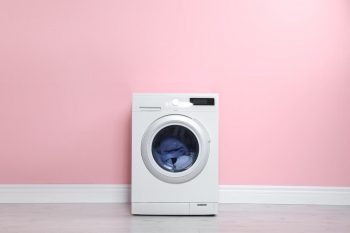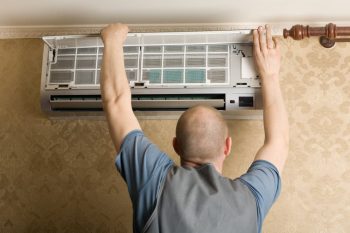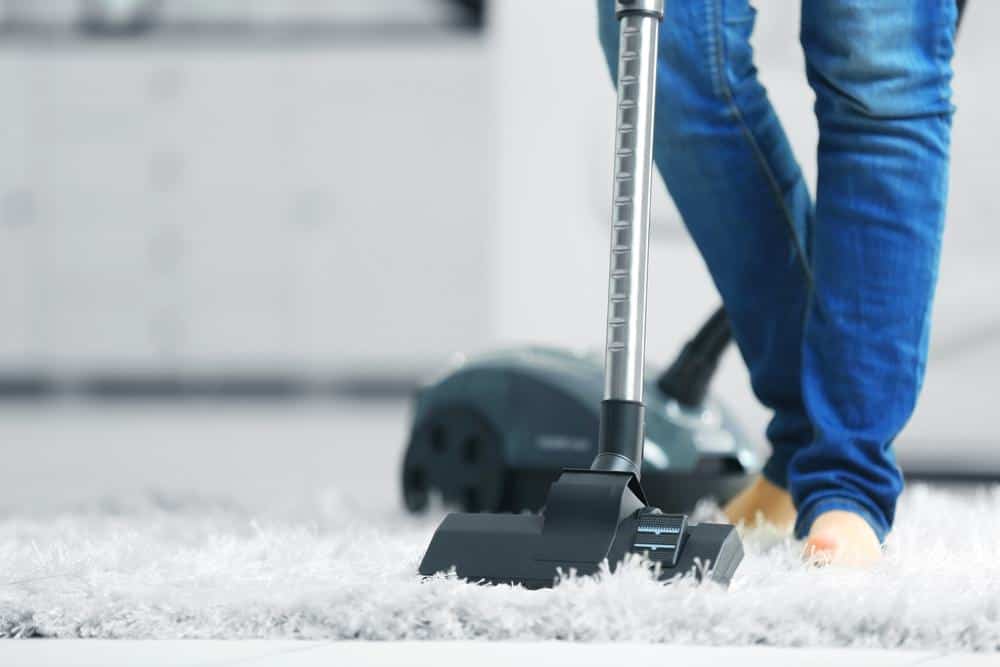
Dyson vacuum cleaners are renowned for their innovative design, superior performance, and high-quality construction. But what exactly is a Dyson vacuum? Who is it designed for? And how does it compare to other vacuum brands in the market? This article will delve deep into these questions, providing a comprehensive guide on everything you need to know about Dyson vacuum cleaners.
A Dyson vacuum is a high-quality vacuum cleaner known for its innovative design and superior performance. It was invented by British designer James Dyson and uses cyclone technology for powerful suction. Dyson vacuums are equipped with unique features such as ball technology for easy movement and HEPA filters for effective air cleaning. They come in various models designed to meet different cleaning needs and are generally more expensive than other brands due to their advanced technology and high-quality construction.
Who Invented the Dyson Vacuum?
The Dyson vacuum cleaner was invented by British designer James Dyson, who founded Dyson Ltd. in 1991. The company is known for its innovative designs and high-quality household appliances, which include vacuum cleaners, air purifiers, hand dryers, bladeless fans, heaters, hair dryers, and lights.
How Does a Dyson Vacuum Work?
Dyson vacuums use cyclone technology, which enables air to circulate at high speeds inside the vacuum cleaner, resulting in powerful suction. The vacuums collect dirt through a filtration system, capturing and separating larger particles and preventing clogging. This ensures that the performance of Dyson machines won’t be compromised as you vacuum.
One unique feature of Dyson vacuums is their ball technology, which allows for easy movement in every direction, reducing user fatigue. Dyson vacuums also use HEPA filters, designed to remove 99.97% of airborne particles, effectively cleaning the air of tiny dust and allergens.
Key Features and Technologies of Dyson Vacuums
Dyson vacuums are known for their innovative features and technologies, including cyclone technology, digital motors, ball technology, cordless design, HEPA filtration, intelligent cleaning modes, surface detection system, versatile design, a wide array of attachments, and durability.
Different Models of Dyson Vacuums
Dyson offers a range of vacuum cleaner designs, including compact and lightweight stick vacuums, larger-capacity vacuums, and cordless hand vacuums for hard-to-reach places. Each model comes with its unique features and specifications designed to meet different cleaning needs.
Price of Dyson Vacuums Compared to Other Brands
Dyson vacuums are generally more expensive compared to other brands due to their advanced technology, superior performance, and high-quality construction. However, their durability and longevity make them a worthwhile investment for many users.
Benefits of Using a Dyson Vacuum
With superior suction power, easy maneuverability, effective HEPA filtration, innovative dust ejector, versatile designs, durability, and longevity, Dyson vacuums offer several benefits for home cleaning.
Downsides of Dyson Vacuums
Despite their many advantages, Dyson vacuums also have their downsides, including their high price, limited battery life for cordless models, long charging time, small dustbin capacity, weight, reliability concerns, and difficulty with large debris on carpets.
Maintenance and Longevity of a Dyson Vacuum
With proper care and maintenance, a Dyson vacuum can last for many years. Regularly cleaning the filter, emptying the dustbin, and taking care of the battery will help ensure the vacuum’s longevity and optimal performance.
Where to Buy a Dyson Vacuum and Warranty Information
You can buy a Dyson vacuum cleaner from various retailers, including Dyson’s official website, Best Buy, Amazon, and more. Dyson provides a warranty for their vacuum cleaners, which covers original defects in materials and workmanship.
In conclusion, Dyson vacuums are a popular choice among consumers due to their innovative design, superior performance, and high-quality construction. Whether you’re a busy family with small children, a pet owner, or a single individual who values a clean living space, there’s a Dyson vacuum that’s right for you. It’s essential to weigh the pros and cons, consider your budget, and choose a model that best suits your needs.
Frequently Asked Questions
Can Dyson vacuums be used on any surface?
Yes, Dyson vacuums are designed to be versatile and can be used on a variety of surfaces including carpets, hardwood floors, tiles, and upholstery. However, it’s always best to check the specific product details as some models may be better suited for certain surfaces than others.
How often should I replace the filter on my Dyson vacuum?
Dyson recommends washing your filter at least once a month. However, the frequency can vary depending on how often you use your vacuum. Always refer to your user manual for specific instructions related to your model.
How long does the battery last on cordless Dyson vacuums?
The battery life on cordless Dyson vacuums varies depending on the model and the power setting used. On average, you can expect anywhere from 15 to 60 minutes of runtime.
Does Dyson offer any environmentally friendly vacuum cleaners?
While Dyson does not have a specific line of eco-friendly vacuum cleaners, they are committed to energy efficiency and reducing waste. Their cordless vacuums are designed to be energy efficient, and they also offer a recycling program for their machines.
Are Dyson vacuums suitable for people with allergies?
Yes, Dyson vacuums are equipped with HEPA filters, which remove 99.97% of airborne particles, including dust mites and pollen, making them suitable for people with allergies.

